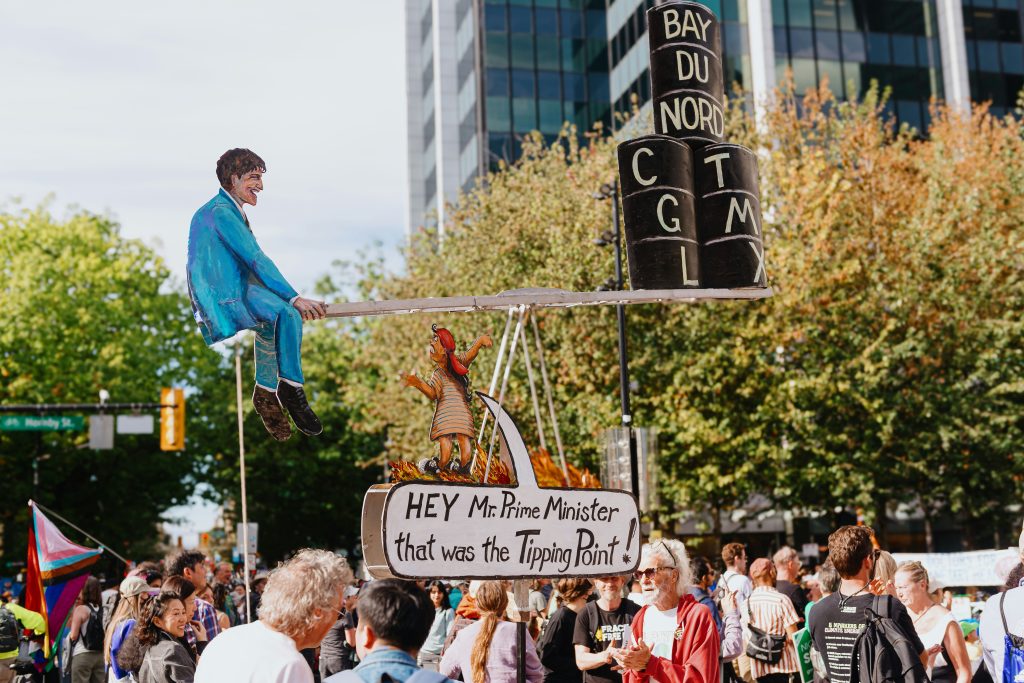Controversy Erupts as Lawmaker Apologizes for Blackface Incident
In a recent turn of events, a New York Congressman has found himself at the center of a heated controversy after a college photo surfaced showing him wearing blackface during a Halloween party. The incident has sparked a wave of discussions surrounding racial sensitivity and the implications of such actions in today’s political climate.
The Congressman, who represents a district north of New York City, issued a public apology, expressing regret for his choice of costume, which was intended to pay homage to the iconic pop star Michael Jackson. Lawler described himself as a lifelong fan of Jackson, and claimed that he did not mean to offend anyone. However, this explanation has done little to quell the outrage, as many have pointed out that wearing blackface is a deeply offensive act that echoes the racist traditions of minstrel shows from the 19th century.
The backlash against Lawler has been swift, with critics arguing that his actions reflect a lack of understanding and respect for the historical context of blackface. The term itself conjures images of a time when white performers used blackface to caricature and demean African Americans, perpetuating harmful stereotypes that have had lasting effects on society.
Moreover, this incident comes at a crucial time for Lawler, who is locked in a competitive race against Democratic opponent Mondaire Jones. The upcoming election is viewed as a pivotal moment for the Republican Party, with control of the House hanging in the balance. Lawler's opponents have seized upon the controversy, using it as ammunition in their campaign efforts. The question remains whether this scandal will have a lasting impact on his electoral prospects.
As discussions around this incident unfold, it has ignited a broader conversation about the responsibilities of public figures, particularly in the context of race and representation. Many advocates for racial equality emphasize the need for accountability and the importance of acknowledging historical injustices. They argue that acts like wearing blackface, even if done in jest or for admiration, can perpetuate harmful narratives and contribute to a culture of insensitivity.
In light of this incident, political analysts are closely monitoring the situation to see how it might influence voter sentiment in the coming weeks. The discourse surrounding race and identity is more crucial than ever, and lawmakers are being called upon to demonstrate a more profound understanding of these issues. Lawler's apology, while a necessary step, may not be sufficient to mend the rifts this incident has caused, especially as voters seek leaders who exhibit cultural competence and respect for all communities.
As the election draws nearer, it will be interesting to observe how Lawler navigates this controversy and whether he can refocus the narrative on policy issues rather than personal missteps. The implications of this situation extend beyond one politician; it reflects a broader societal struggle to confront racism and its manifestations in public life.
In conclusion, the fallout from Lawler's blackface incident serves as a stark reminder of the importance of sensitivity surrounding issues of race, and the need for public figures to be mindful of their actions. As the political landscape continues to evolve, the way leaders respond to such controversies will play a pivotal role in shaping the future of political discourse in America.










